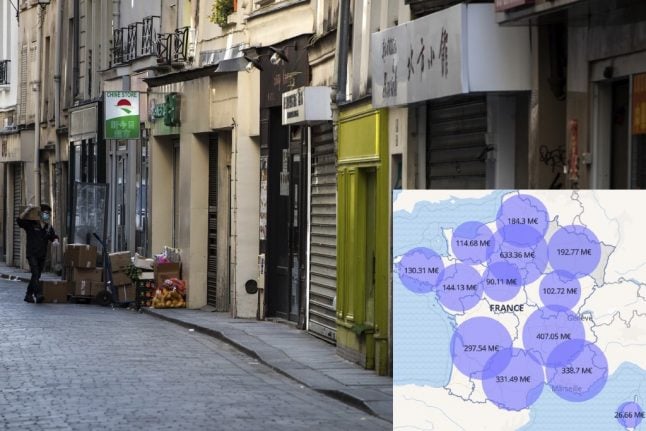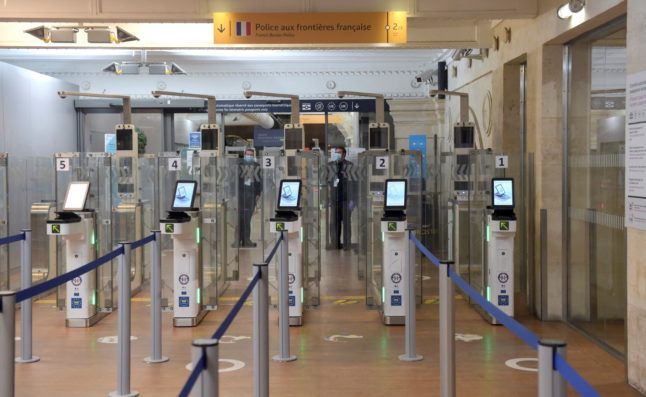Small businesses suffered especially badly from France’s strict nationwide lockdown, which brought the economy to a virtual standstill for two months.
From March 17th to May 11th, millions of people in France found themselves with no or little work.
To avoid what President Emmanuel Macron said would be “adding fear of bankruptcy and unemployment to the health crisis,” the French government quickly ramped up emergency schemes to help businesses cope with the heavy losses.
“The state will bear the financial burden of the people who have to stay home,” Macron said.
In addition to a vastly expanding the national furloughing scheme known as chômage partiel (partial unemployment), where businesses could have the state foot 80 percent of their employee's salaries, the government launched a brand new 'solidarity fund'.
Funded by the state, regional authorities and through donations, the fund would give up to €1,500 to what is France is called micro-entreprises – self employed people or businesses with less than 10 employees – for the months of March, April and May.
Originally at some €1.3 billion, it grew into €7 billion.
READ MORE: All you need to know about financial help in France for self-employed and business




This week, Prime Minister Edouard Philippe announced that the fund would stay in place for the country's tourism sector – which has not yet been able to reopen – until the end of 2020.
For this sector, the government will change the current criteria for accessing the fund so that businesses with up to 20 employees (against 10 today) and an average annual income of up to €2 million (against €1 million today) may apply for the fund.



 Please whitelist us to continue reading.
Please whitelist us to continue reading.
Member comments